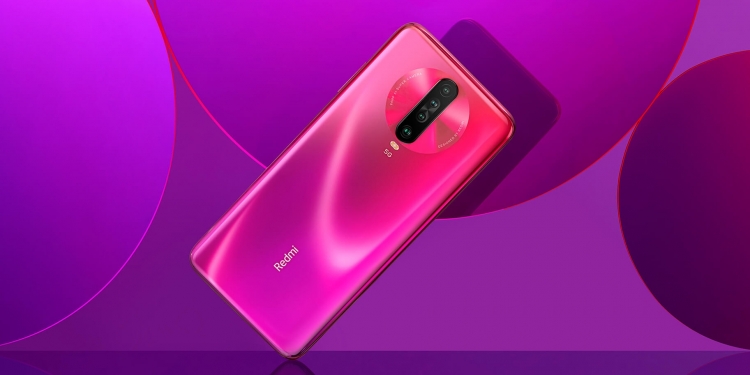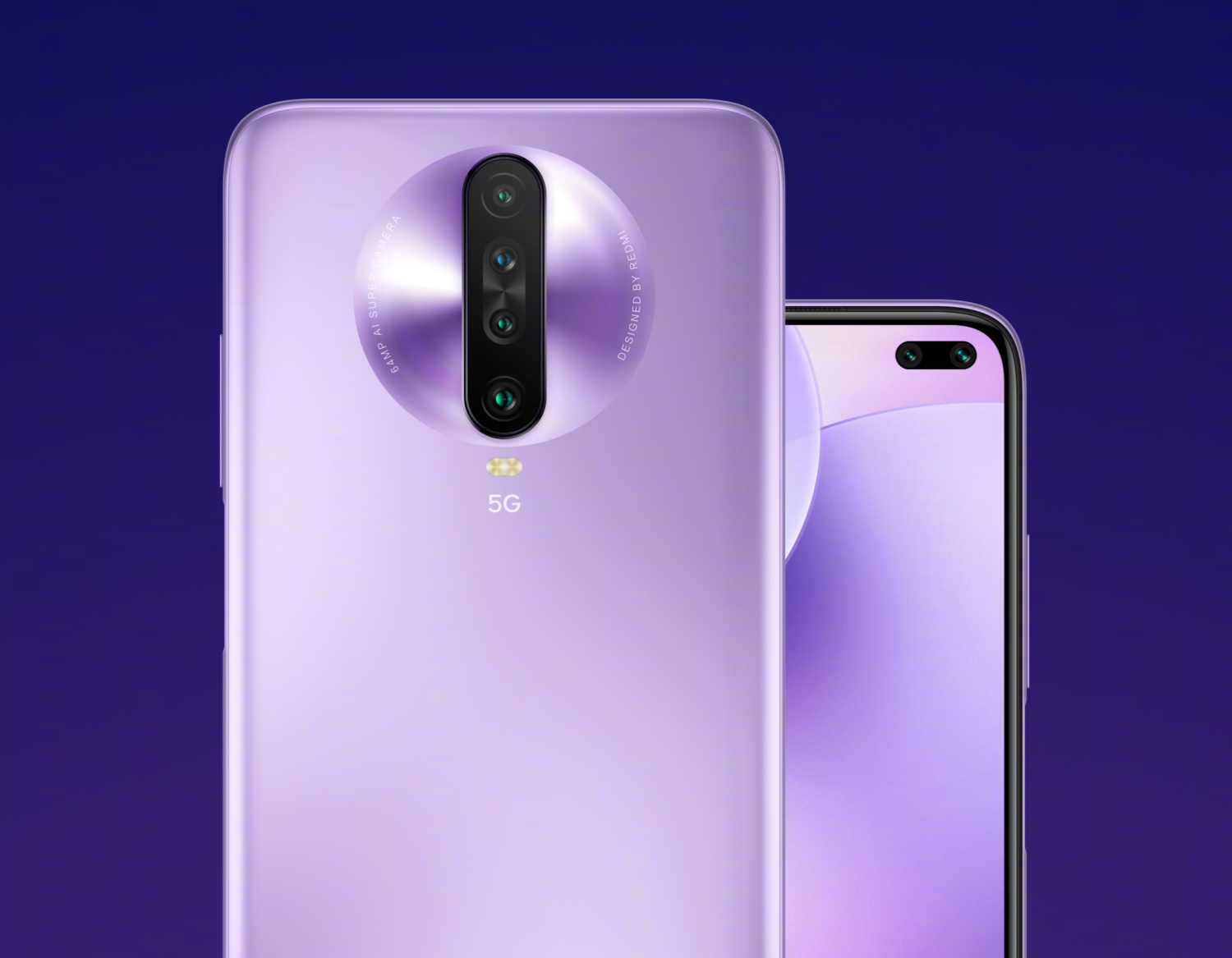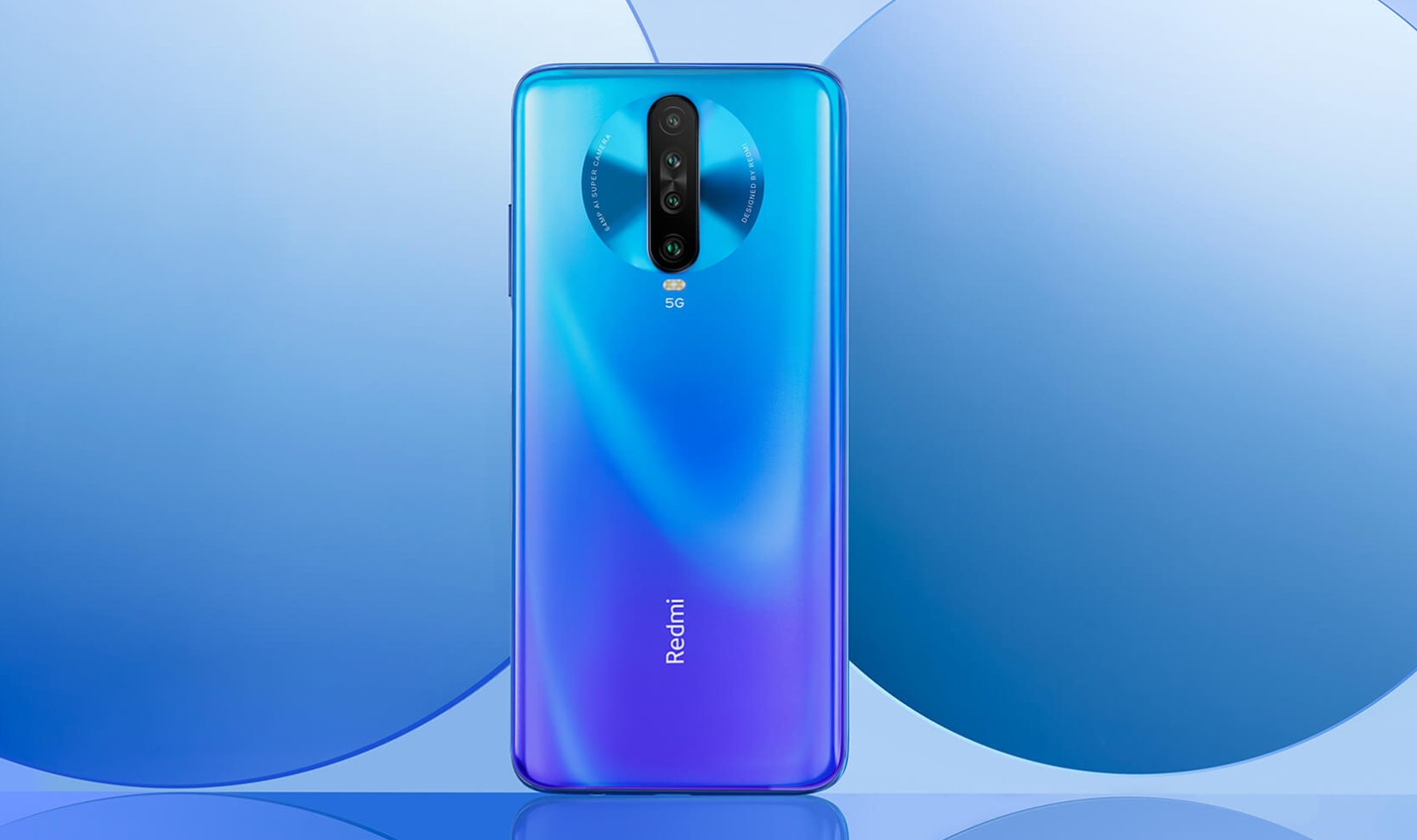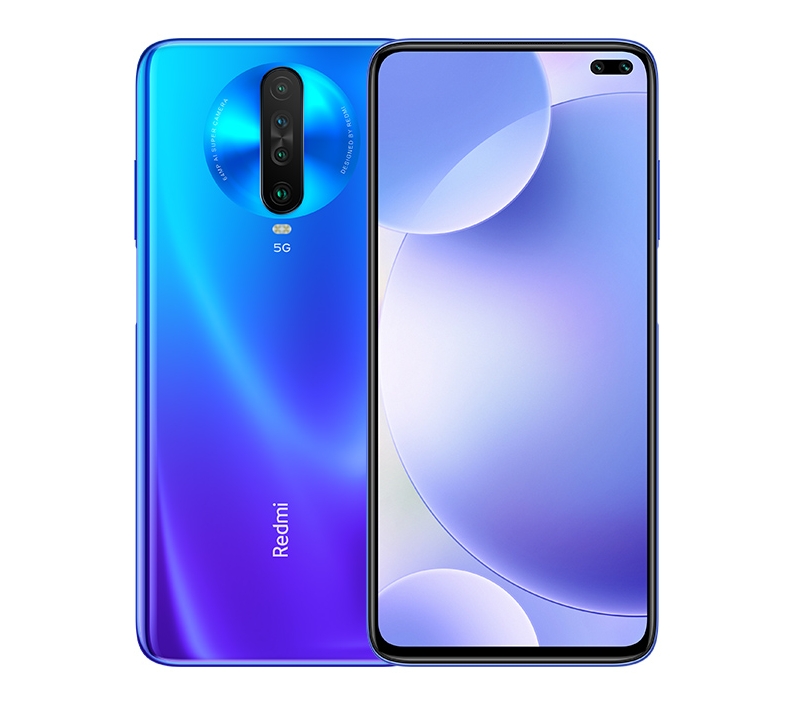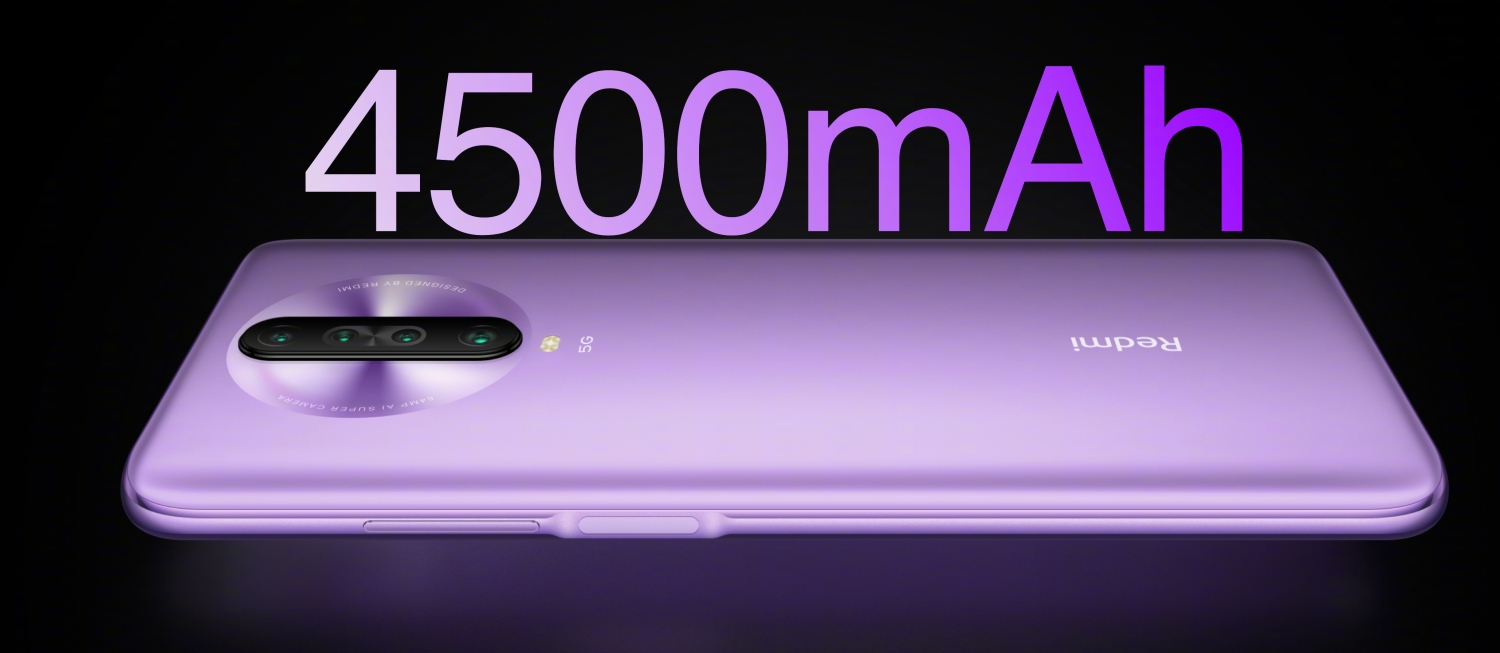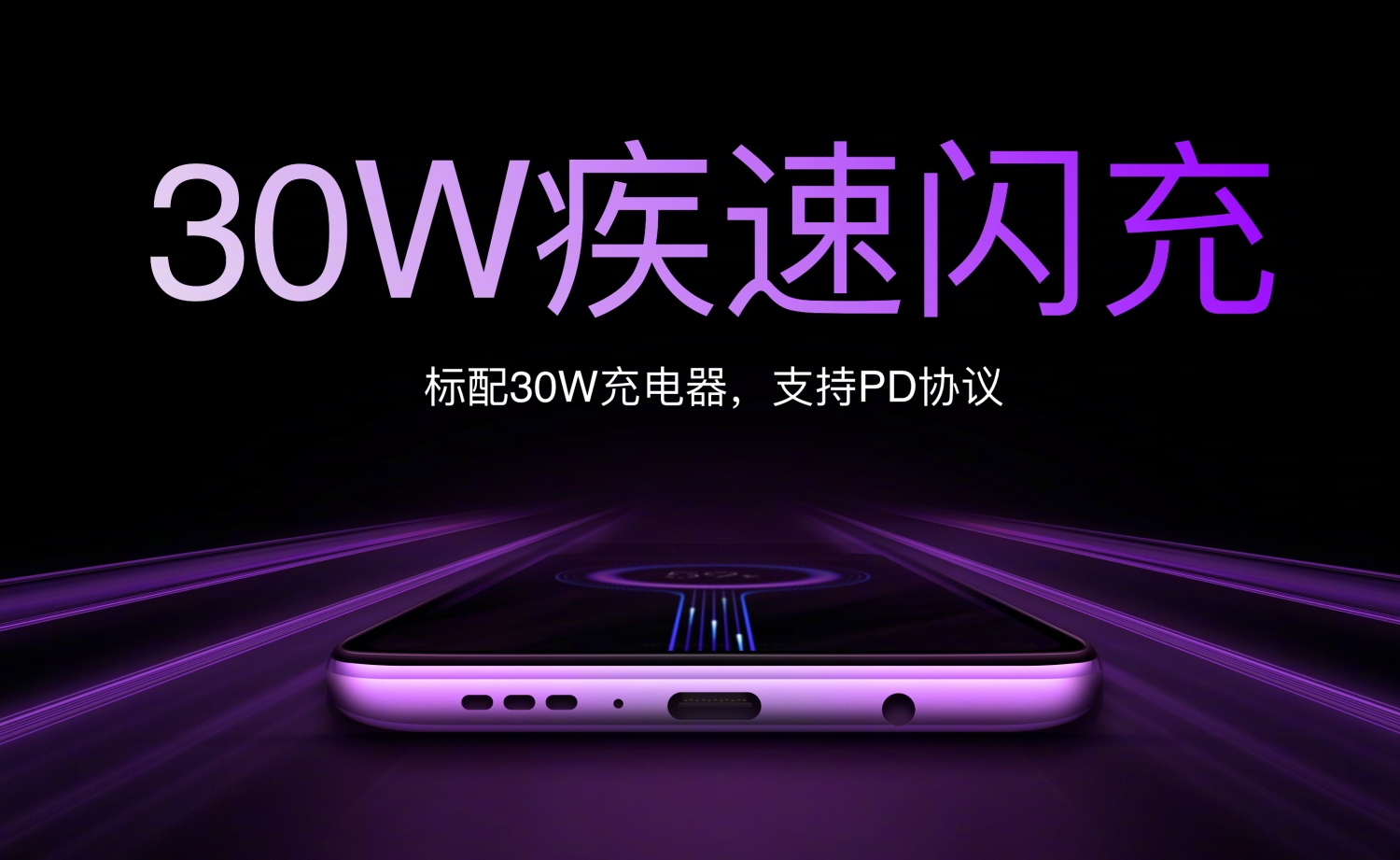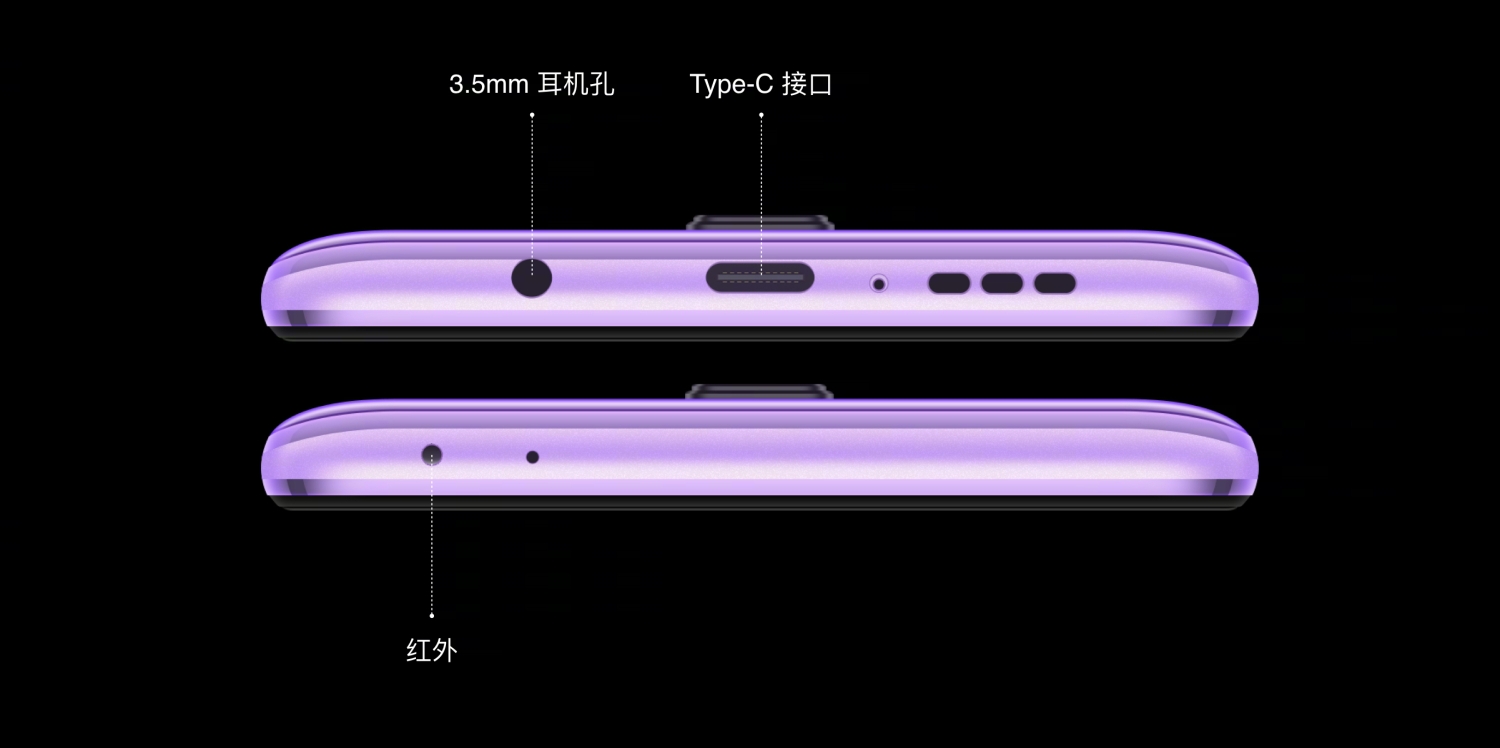Xiaomi has just unveiled its latest Redmi K30 series and this is their most affordable 5G smartphone yet that’s packed with impressive hardware. It replaces the current Redmi K20 which is also known as the Xiaomi Mi 9T series for most global markets. The Redmi K30 comes in two version – a 5G variant that runs on Qualcomm’s latest chip and a more affordable 4G model.
Redmi K30 5G
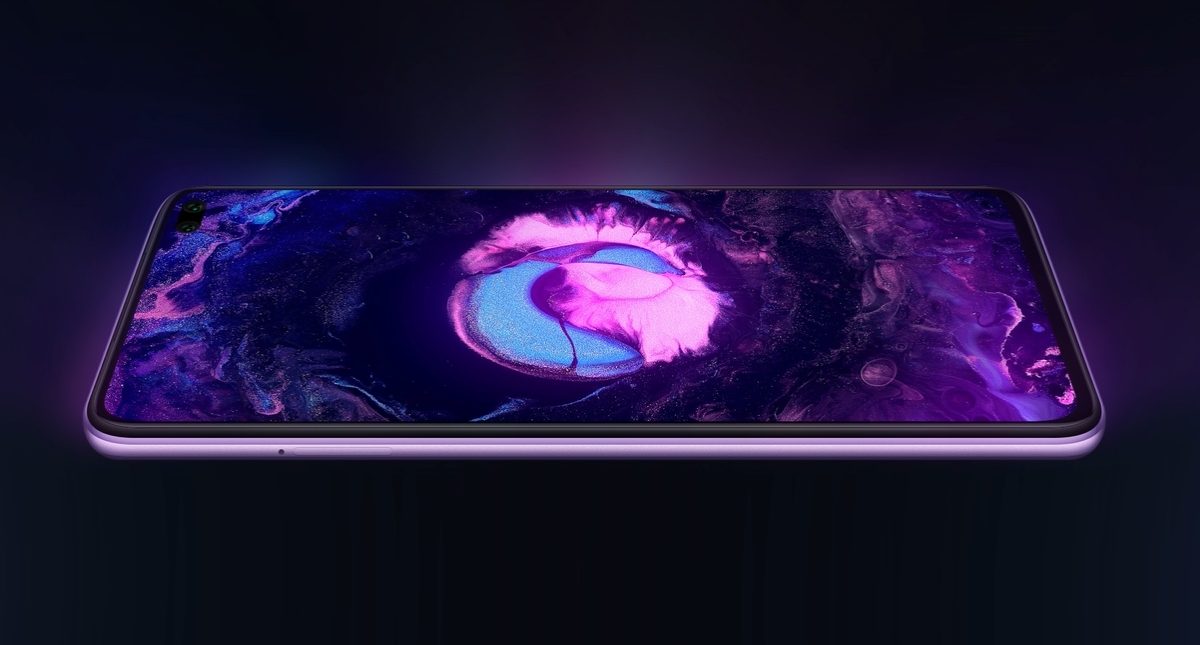
Upfront, the Redmi K30 5G features a 6.67″ Full HD+ display that boasts a 120Hz refresh rate. Unlike the current K20 series that uses an AMOLED display, the new model uses an LCD panel that supports HDR10.
As seen in the earlier teasers, the display has a wide punch-hole on the top right corner. It houses a dual-selfie camera setup which consists of a 20MP main selfie camera and a 2MP shooter for depth effects. Instead of an in-display fingerprint sensor, the device uses a side-mounted fingerprint sensor which is similar to the Honor 20 series.
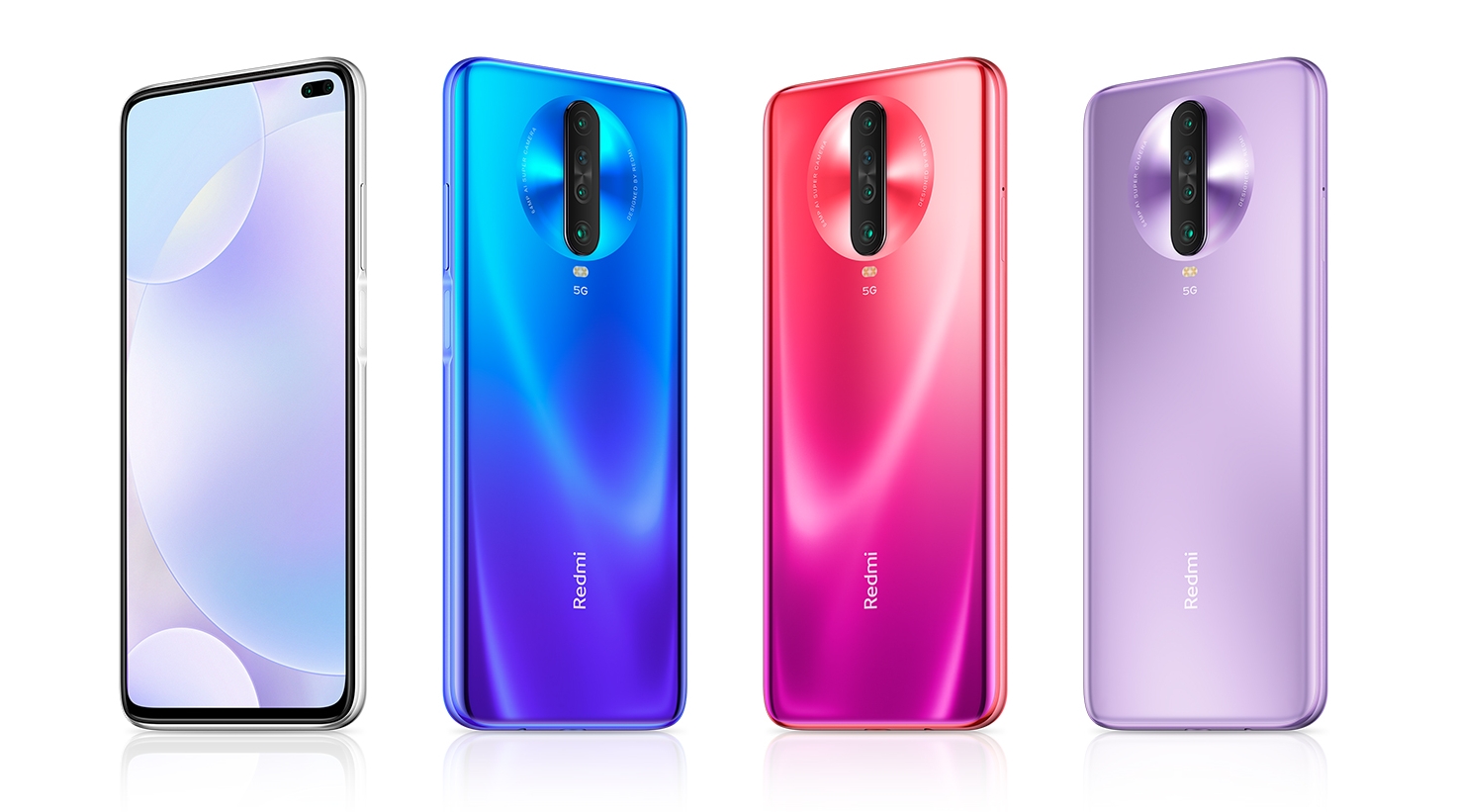
Powering the device is Qualcomm’s latest Snapdragon 765G processor that’s manufactured based on a 7nm EUV process. The device can be configured with either 6GB or 8GB of LPDDR4x RAM and UFS 2.1 storage options of 64GB, 128GB and 256GB.
In the imaging department, the K30 comes with a quad-camera setup featuring a higher resolution 64MP f/1.9 main camera. Unlike other 64MP smartphones in the market, this device uses a large 1/1.7″ Sony IMX686 sensor. It can take still images up to 9248×6944 pixels resolution and 4K videos up to 30fps.
For greater versatility, it also comes with an 8MP f/2.2 ultra-wide-angle lens, a 5MP f/2.4 super macro lens and a 2MP f/2.4 shooter for depth effects. Unfortunately, there’s no telephoto camera like the K20 series.
Keeping the lights on is a huge 4,500mAh battery, which is 12.5% bigger than the current K20 series. It comes with a USB-C port and it supports 30W fast charging that can get a full charge in just 57 minutes. Another nice touch is the inclusion of a 3.5mm headphone jack and an IR blaster on the K30. The device also supports Hi-Res audio playback.
The K30 5G is also Xiaomi’s first dual-mode 5G smartphone that can support both NSA and SA networks along with dual-SIM VoLTE. The device also supports 802.11ac WiFi as well as Bluetooth 5.1. Also included is dual-frequency GPS and it has NFC support as standard.
Redmi K30 “4G”
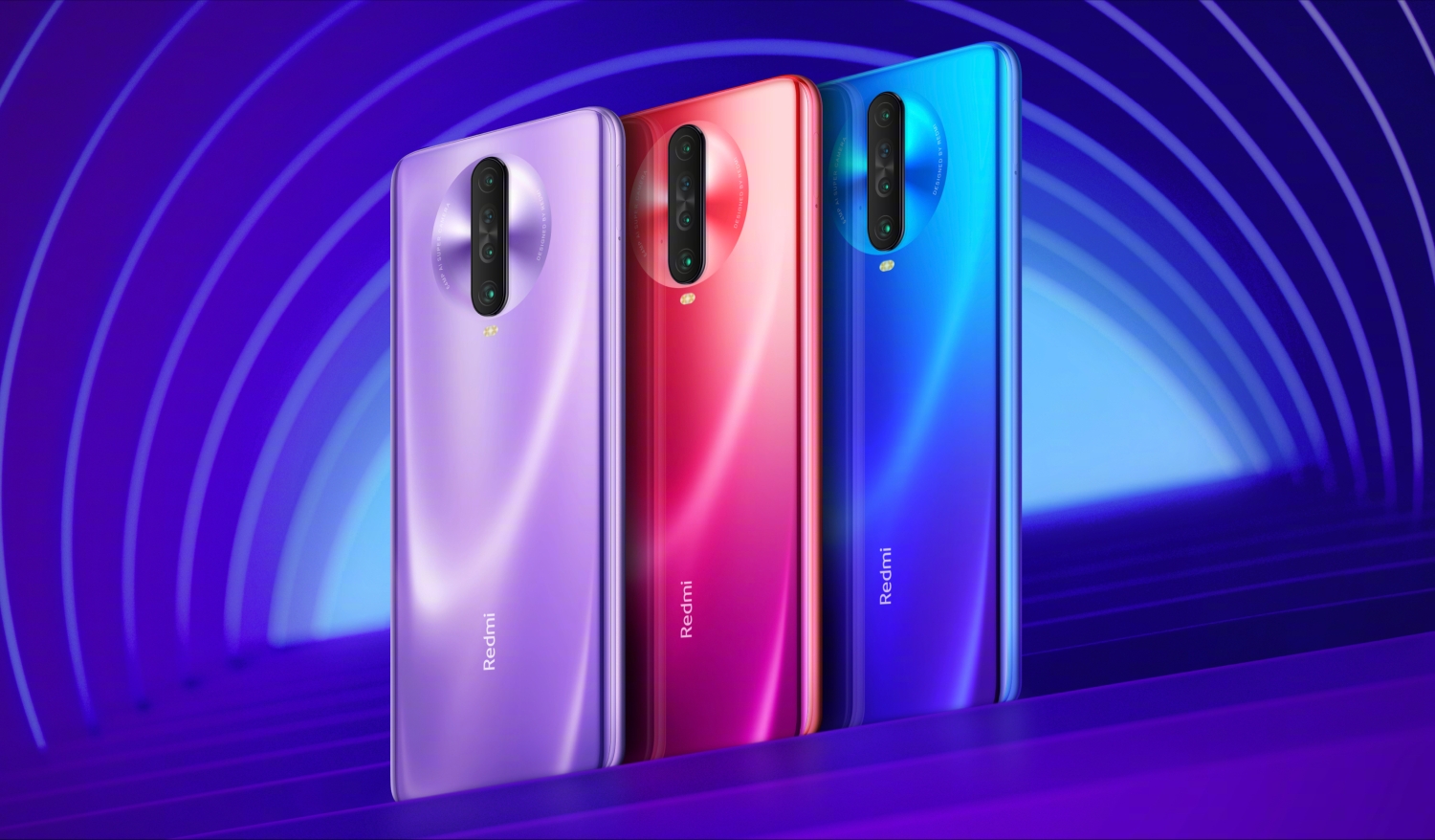
Xiaomi has also released a Redmi K30 “4G” version that comes with some minor differences. On the surface, it looks identical to the 5G variant as it retains a 6.67″ Full HD+ 120Hz display. Under the hood, the 4G version runs on a Snapdragon 730G processor that can be configured with up to 8GB RAM and 256GB of storage.
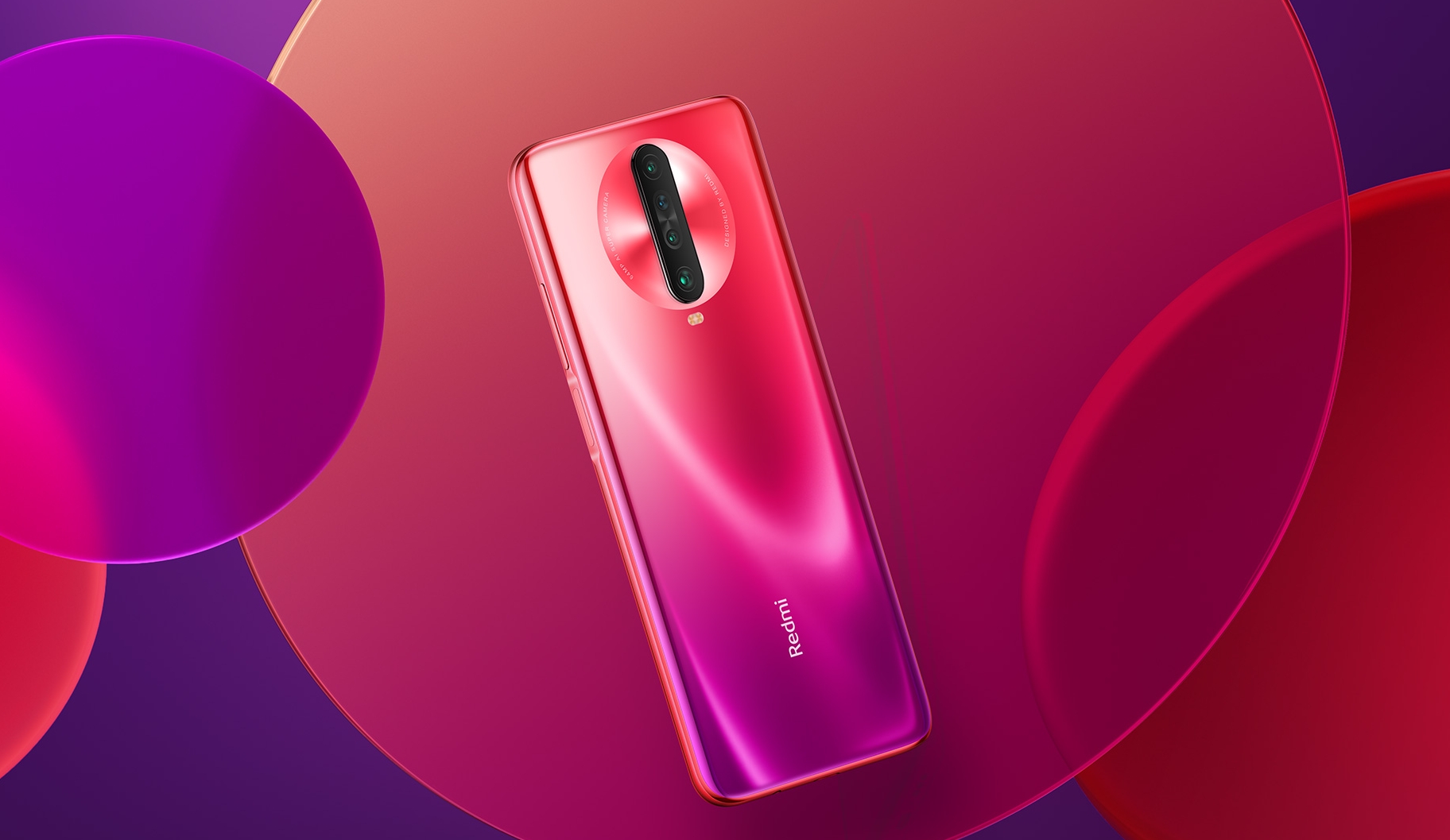
It also gets a quad-camera setup at the rear with a 64MP main shooter, but the macro camera is downgraded slightly from a 5MP to a 2MP sensor. Although it retains the same 4,500mAh battery, the 4G variant supports up to 27W fast charging, which is still pretty fast. The device also supports NFC but it settles for Bluetooth 5.0 and a normal single-frequency GPS.
Redmi K30 Pricing
In China, the K30 series is priced as follows:
Redmi K30 5G
6GB RAM + 64GB storage – CNY 1,999 (about RM1,182)
6GB RAM + 128GB storage – CNY 2,299 (about RM1,360)
8GB RAM + 128GB storage – CNY 2,599 (about RM1,537)
8GB RAM + 256GB storage – CNY 2,899 (about RM1,715)Redmi K30
6GB RAM + 64GB storage – CNY 1,599 (about RM945)
6GB RAM + 128GB storage – CNY 1,699 (about RM1,005)
8GB RAM + 128GB storage – CNY 1,899 (about RM1,123)
8GB RAM + 256GB storage – CNY 2,199 (about RM1,300)
What’s remarkable is that the CNY 1,999 base price for the Redmi K30 5G is exactly the same as the previous base model K20 series that comes 6GB RAM + 64GB of storage. So overall, you’re getting a more powerful device with 5G, a more fluid screen and a bigger battery for the same price. However, it is a pity that Xiaomi has sacrificed the telephoto camera for a dedicated macro and depth cameras.
For those that want a phone that delivers true flagship performance, unfortunately, there’s no Pro model for the K30 series just yet. In China, the 4G model will go on sale on the 12th December 2019 while the 5G model will be available in late January 2020.
[ SOURCE ]

